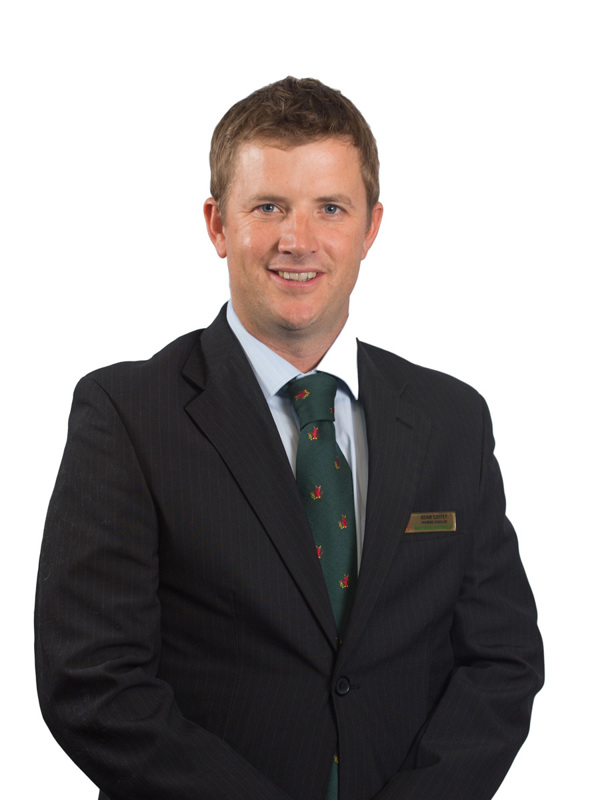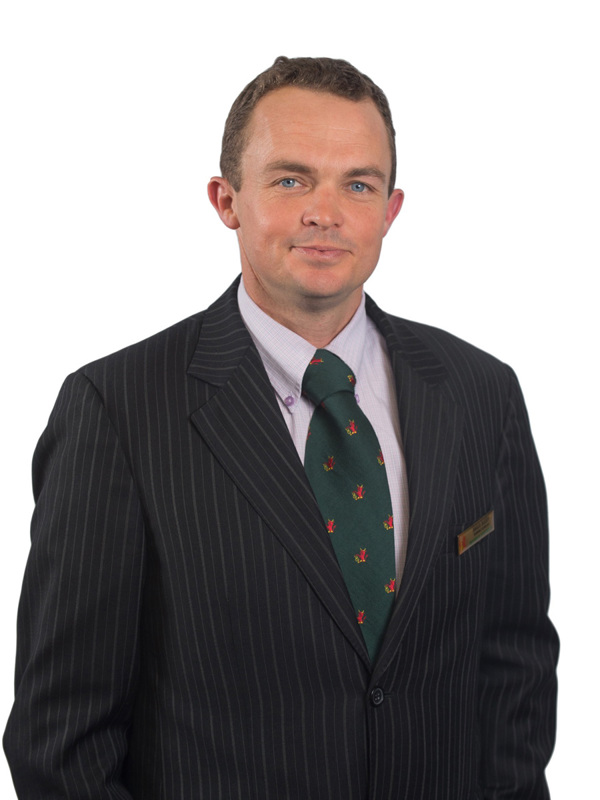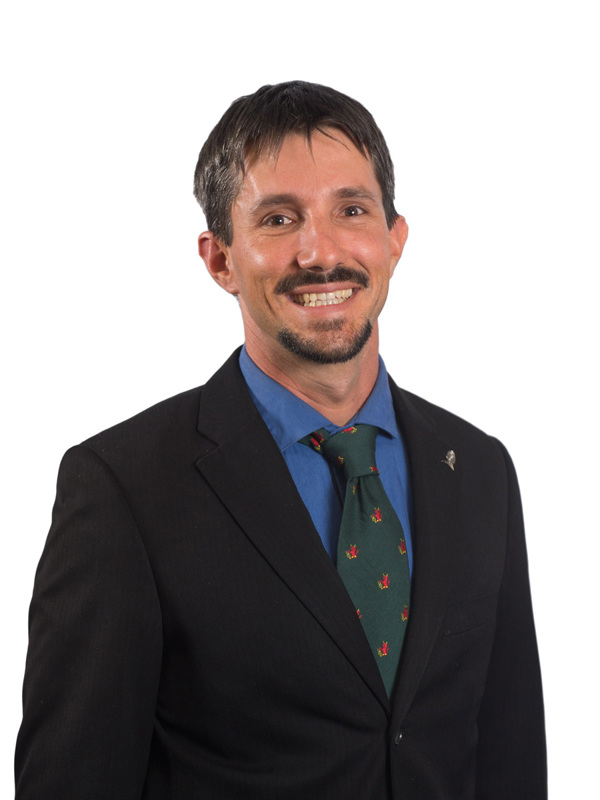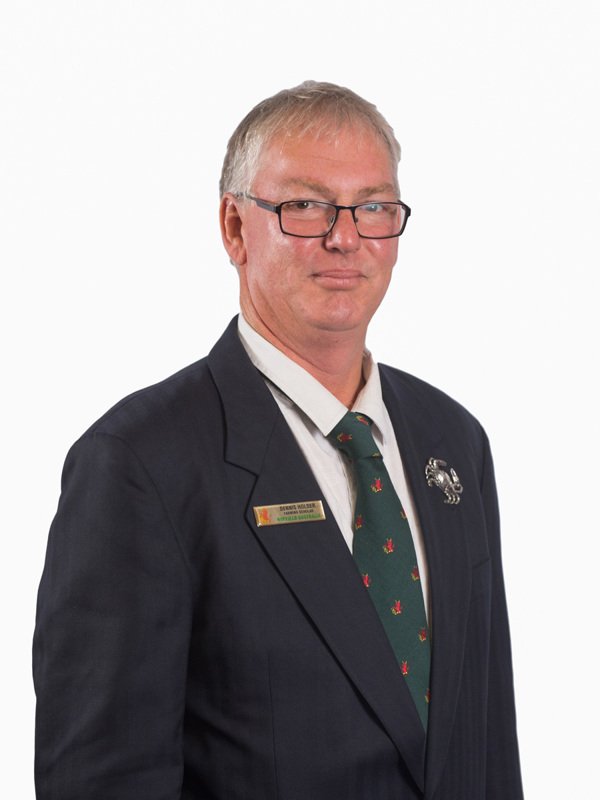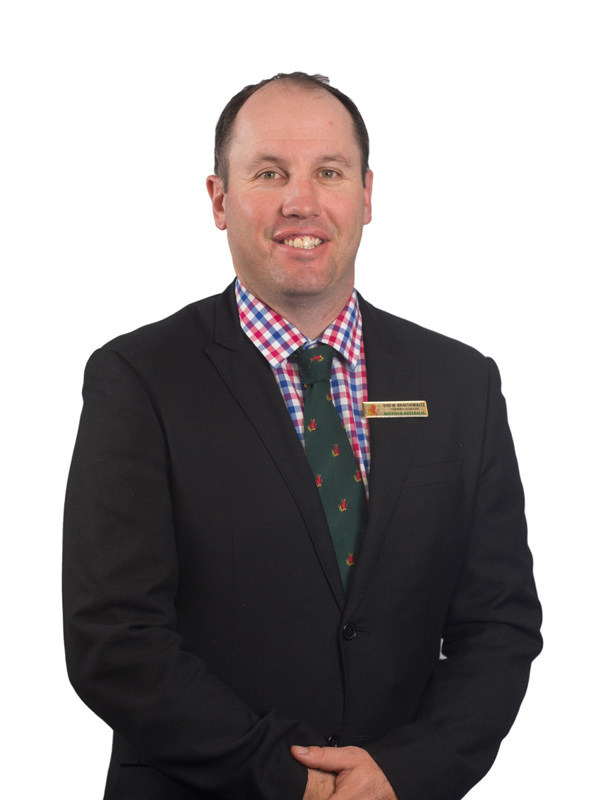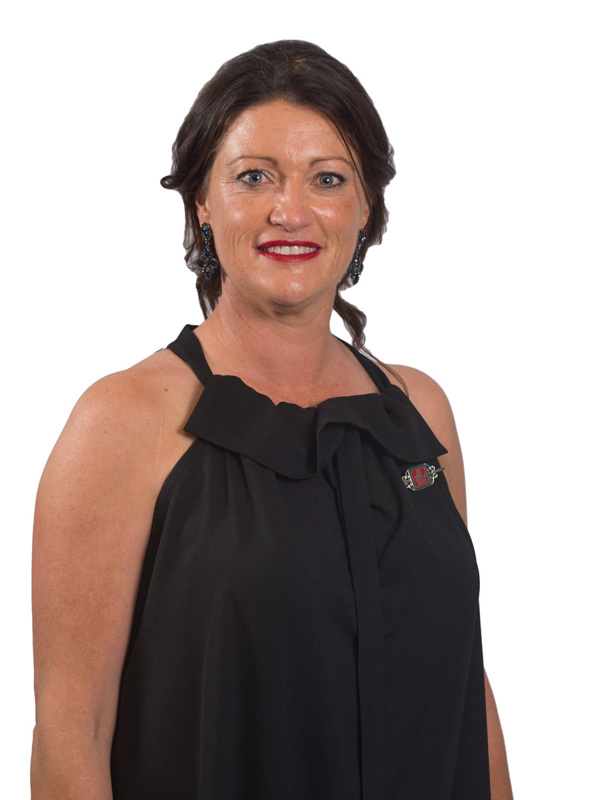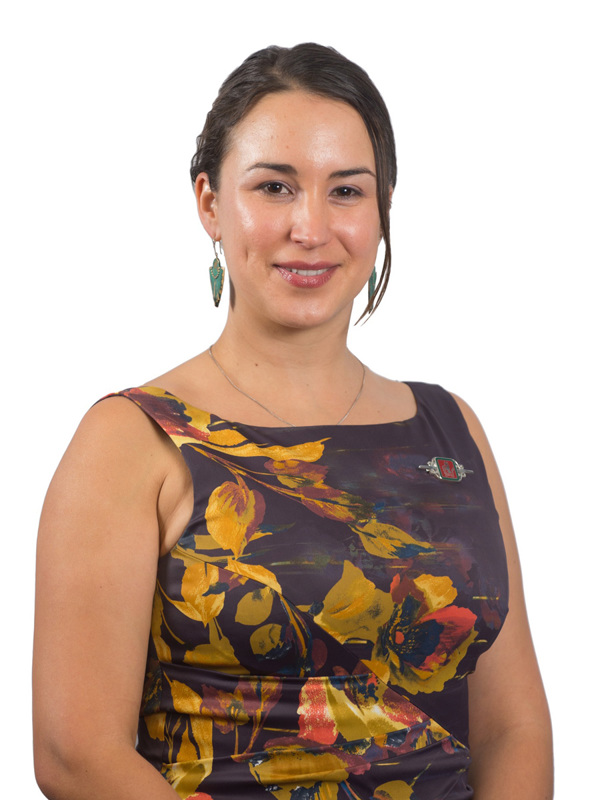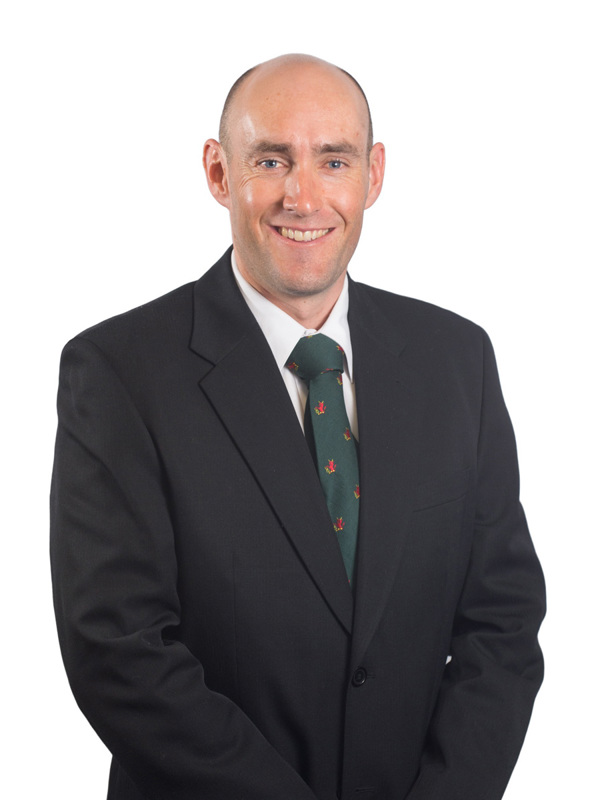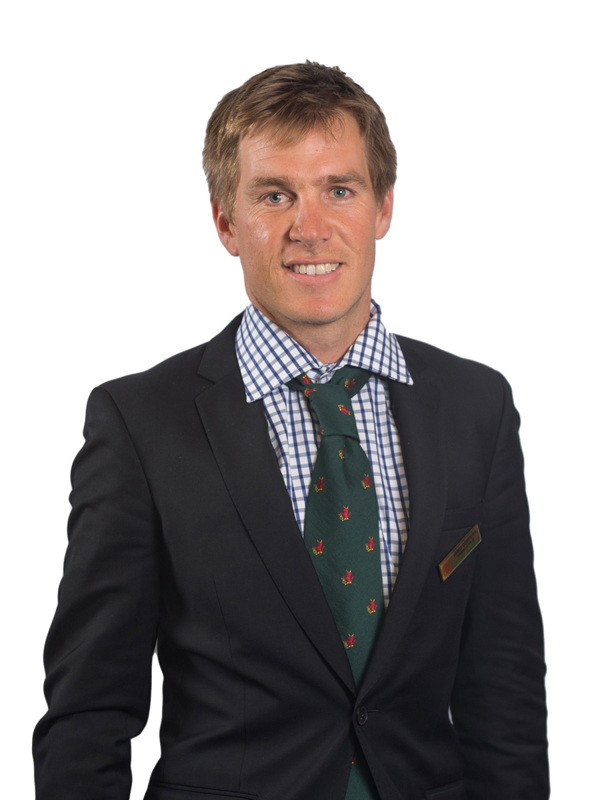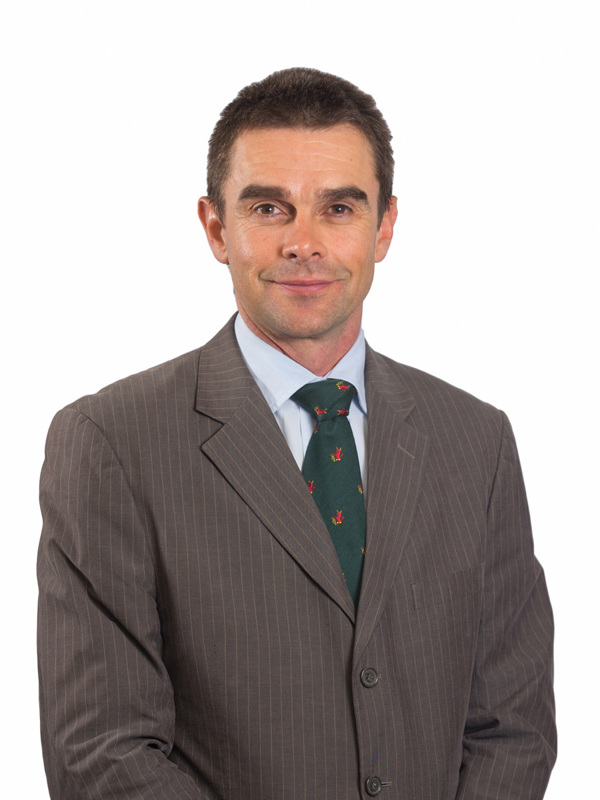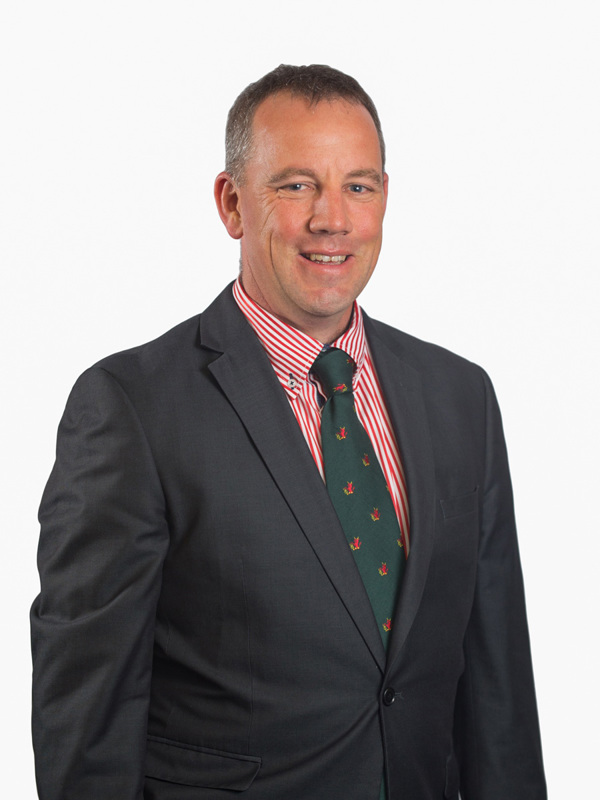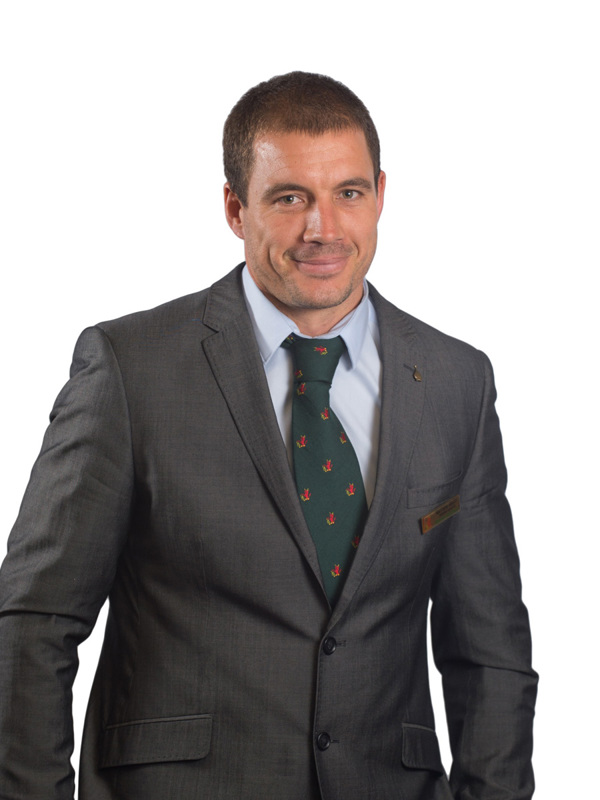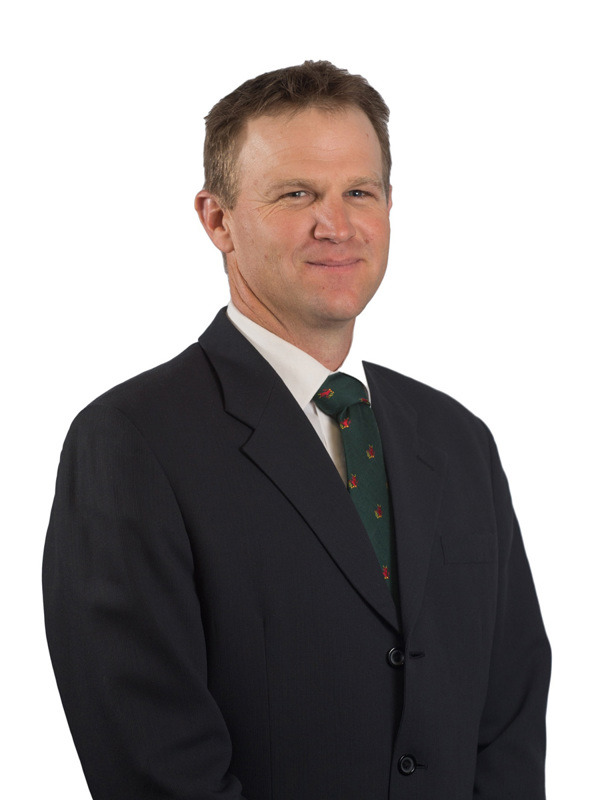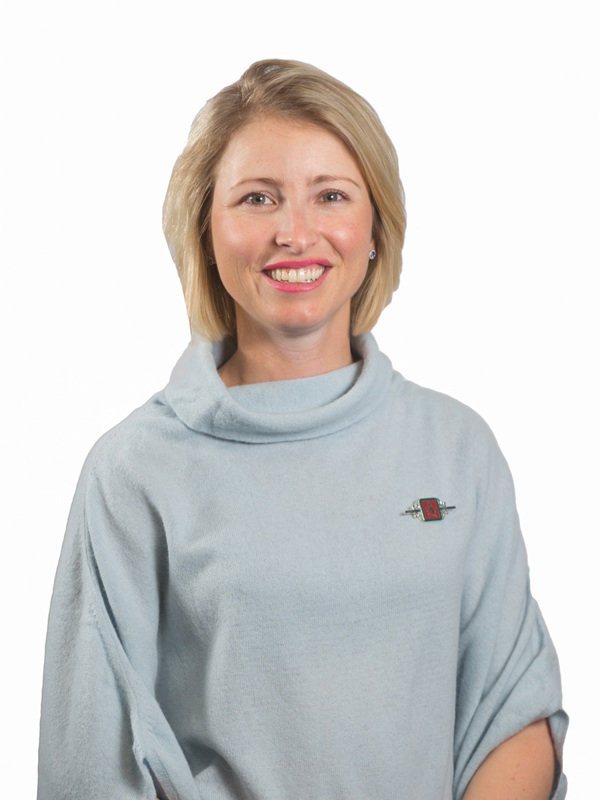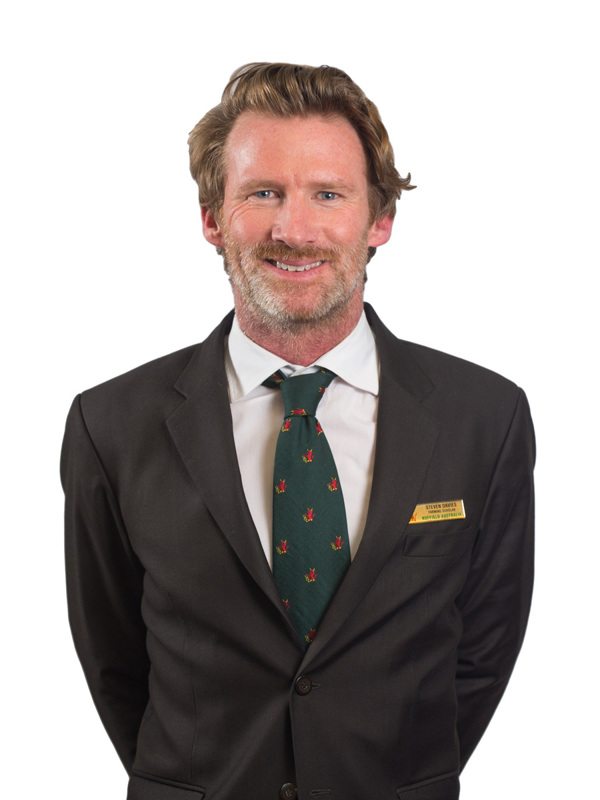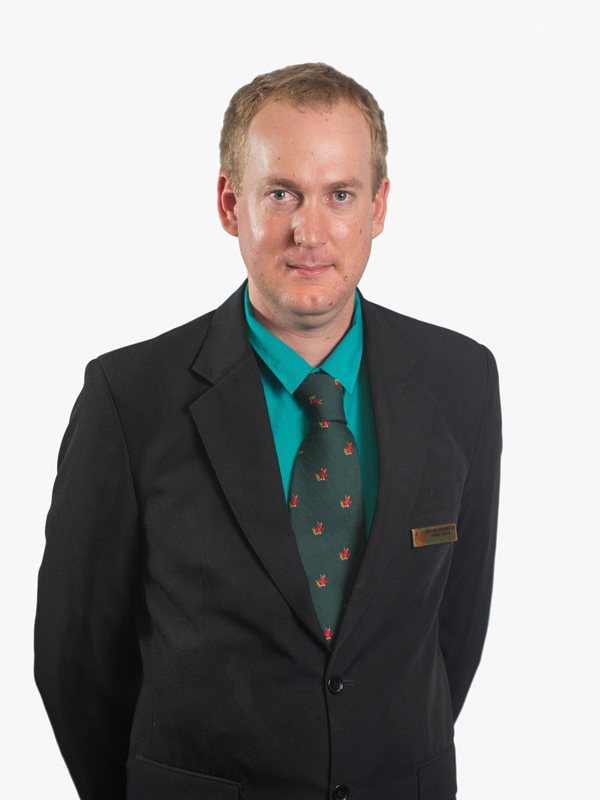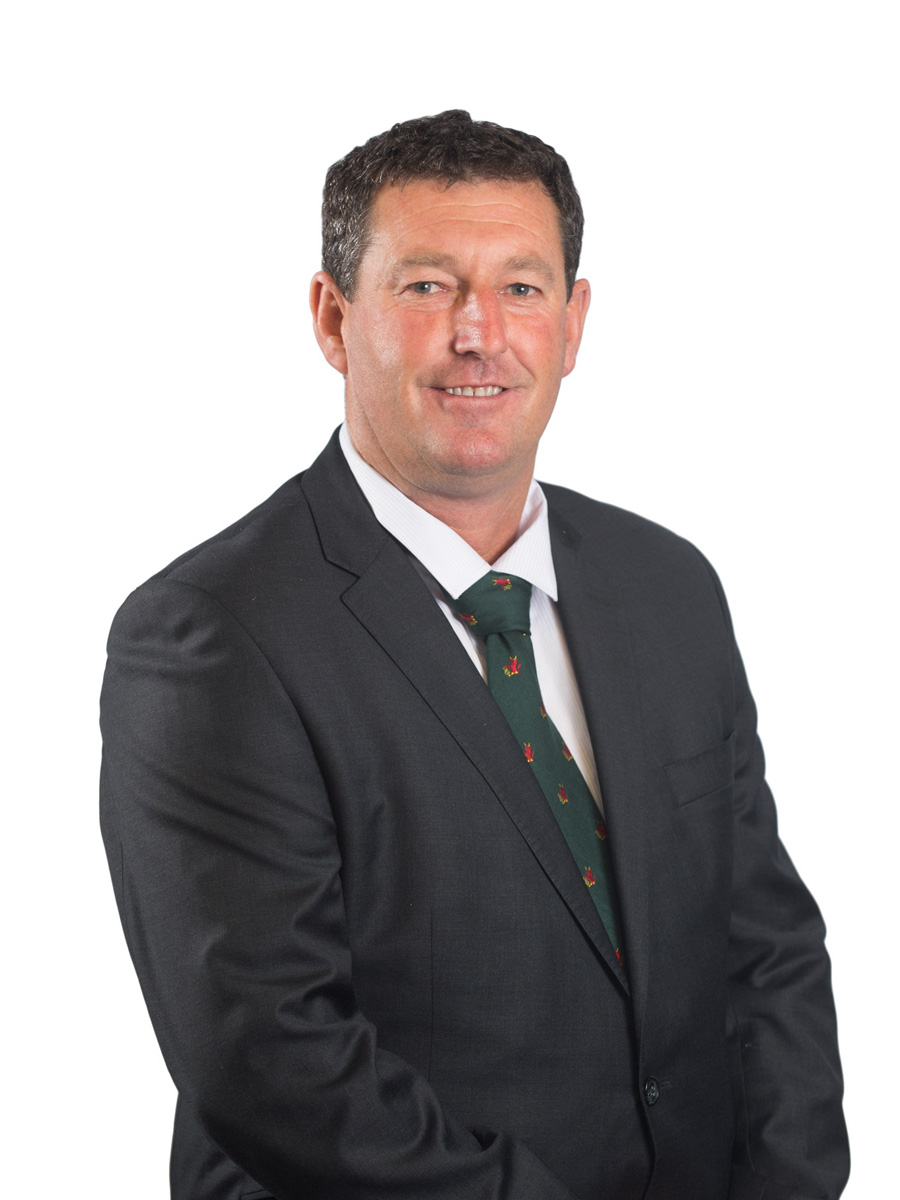
John Keely

Nuffield Australia 2016 Scholar
Awareness and adoption of leading effluent management systems key to a sustainable dairy industry
Australian dairy farmers are more likely to develop workable solutions to effluent disposal if strategies are developed in collaboration with industry organisations and government agencies, according to a report released by John Keely. Farmers, particularly those operating intensive production enterprises, are under increasing pressure to improve the stewardship of their land and minimise impacts on the surrounding environment. Mr Keely’s Nuffield research, supported by the Gardiner Foundation, looks at effluent disposal techniques around the world, and finds that all players in production chains need to assume responsibility for effective land management if the imposition of burdensome regulatory regimes is to be avoided.
Mr Keely runs a herd of over three hundred milking cows near Cohuna, in Northern Victoria. The Keely family have owned and operated the farm since 1874, and this long history of land stewardship saw Mr Keely develop a keen interest in sustainable farm management practices, and it was this background that motivated Mr Keely to focus his Nuffield research on innovative effluent management systems around the world.
“My vision is to build sustainable farm management practices into what we do at home every day, as this will inevitably lead to greater efficiencies, carrying capacity and improved income. I’ve observed that as dairy operations in Northern Victoria get bigger, they are becoming more intensive, and the need for environmentally sustainable effluent management systems is becoming more and more critical,” Mr Keely said.
“Average herd size has increased from 93 cows in 1985 to around 284 cows today. This has led to an intensification of the industry resulting in the wide spread use of feed pads and loafing areas. These practices see large amounts of manure build up quickly, and I know I’m not alone in the struggle to develop cost effective and environmentally sustainable management methods in response.”
Mr Keely’s Nuffield experience saw him visit intensive operations around the UK, Europe, the Netherlands, Denmark, United States, New Zealand and Canada, where he met with farmers and researchers and observed a range of innovative effluent use and disposal methods. His research led him to conclude that the regulatory environment within which Australian dairy farmers operate is more relaxed than other countries. He attributes this partly to our abundance of space and lower soil fertility levels. This softer regulatory environment has allowed many in intensive industries to opt for effluent management solutions that are cost effective in the short term, but not necessarily sustainable over the long term. Mr Keely finds this to be in stark contrast to many overseas regions, where farming is more intense, space is at a premium and farmers have been obliged to employ innovative solutions in order to stay profitable in strict regulatory environments.
“Denmark has one of the strictest systems in the world. The authorities there often undertake random inspections to monitor land use, feed mixtures, fertiliser inventories and the management of slurry and chemicals. Danish producers have innovated and are now substituting significant amounts of articificial fertiliser with treated pig and cattle waste. This shift has resulted in an astounding 56 percent reduction of nitrogen run off into the aquatic environment since 1985. Likewise, phosphorous leeching has been reduced by 98 percent over the same period.” Mr Keely said.
Businesses in the Netherlands have started processing and exporting effluent and manure as fertiliser throughout Europe, a solution Mr Keely puts down to a strict regulatory environment compelling producers to create savvy management solutions.
“Australian farmers generally use the cheapest method to apply effluent and manure. This is understandable, but overseas examples demonstrate that the cheapest application method is not always the most cost-effective over the long term,” he said.
“In the absence of regulatory guidelines, many farmers will inevitably default to the cheapest disposal method available. More support from government bodies directed toward sustainable farming and encouraging farmers to implement best practice is needed if sustainable business and environmental outcomes are to be achieved. Industries are intensifying, and community expectations in this area are ever-growing. If we don’t set a new higher standard, we are at risk of poor management triggering strict and burdensome regulation which could damage the competitiveness and sustainability of the Australian primary production sector. It’s vital that governments, regulators and farmers work together to incentive's best-practice land management,” he said.
